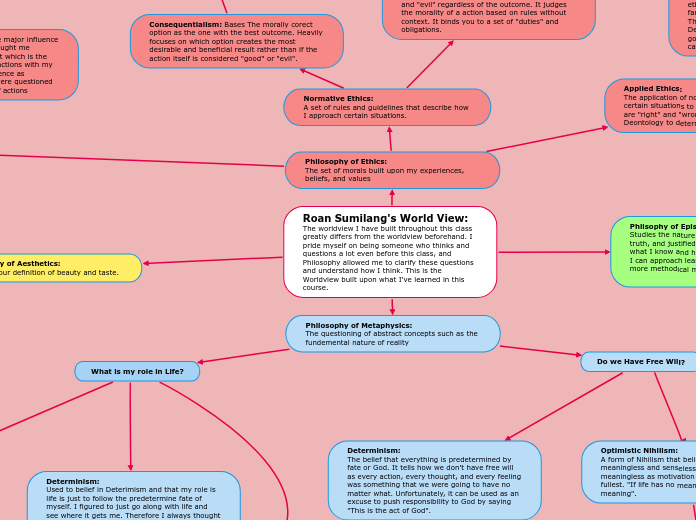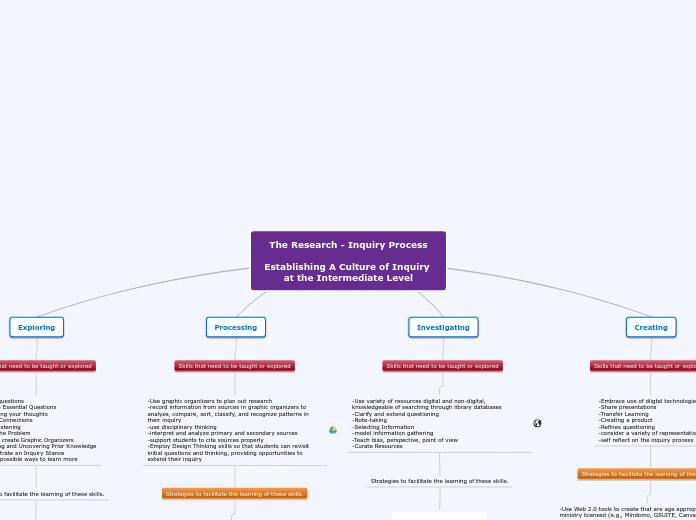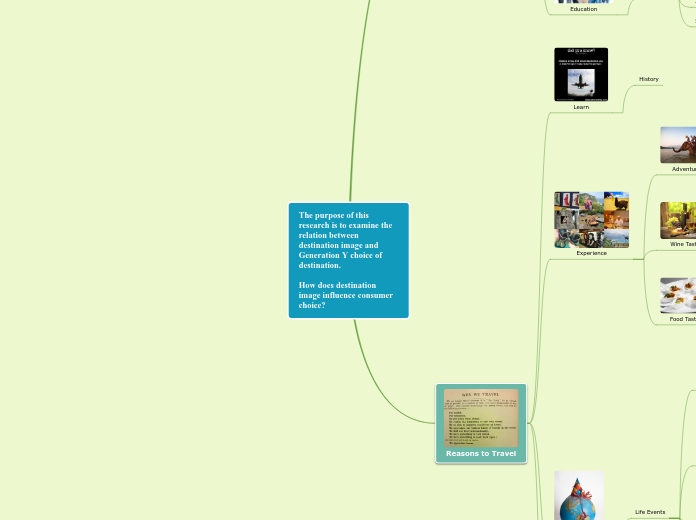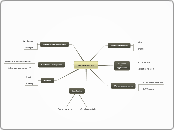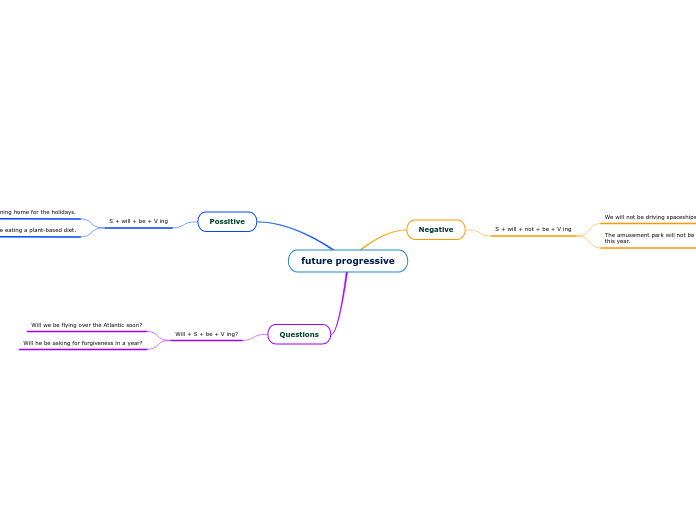Success Criteria:
#1: :I can effectively connect Philosophical concepts to my personal worldview. (Application)
#2: can clearly demonstrate which philosophical ideologies apply to my worldview. (Application or Knowledge)
#3: I can clearly demonstrate my understand of the major concepts and theories discussed in this class. (Knowledge and Understanding)
Format:
The closer the Philsophy Definition it is to the center, The more influence it has on my worldview. Ethics and Metaphysics both are close to the center whereas Aesthetics and Epistemology are more spread out and farther away as they did not have as much impact on my worldview.
Theories of Truth
Coherence
The theory of Coherence refers to how a truth works with other truths without contradictions. This connects to how truths of learning how to skateboarding connect and work with each other. It is by using these truths that correspond with each other when the skill of skateboarding is achieved.
Pragmatism
The theory of Pragmatism refers to how one cannot conceive something as true without understanding the importance of the truth in the world. It is understanding the value of the statements around skateboarding and learning how to ride it through focusing your efforts.
Correspondence
The theory of Correspondence when riding a skateboard comes in the form of evidence. The statement of "I know how to skateboard" is only true when it is proven through evidence. The statement corresponds with the ability to actually skateboard.
Four Kinds of Knowledge
Knowledge How:
Knowledge gained by understanding and knowing what is needed to accomplish something including skills and abilities.
The Knowledge-How refers to understanding what must been done or learned in order to accomplish something. In terms of skateboarding, it is understanding that important of balance, gaining momentum, and observation of the road. Knowing the skills and abilities required allows for a more thorough learning of skateboarding.
Knowledge Wh:
Knowledge gained through asking the who, what, where, when, and why of something.
The Knowledge-Wh uses asks the "who", "what". "where", and "when" of a situation. By asking such question towards learning to ride a skateboard, one can learn specific questions about the skateboarding. By asking "where" and "when", one can learn where it is appropriate to ride a skateboard and when it is not. You can ask the question of "what" is a skateboard which related to Knowledge-That.
Knowledge That:
Knowledge about specific facts or
infomation that you know is true.
Knowledge-That in accordance to learning to skateboarding can be shown through understanding the mechanics of the skateboard itself. By understand that "steering left using your posiiton on the board and the way you tilt" will turn you left and vice versa, one can understand the mechanics of how to ride a skateboard and learn from them.
Knowledge Acquaintance:
Knowledge that is gained through direct experience and things that the person is perceiving.
The Knowledge of Acquaintance is gained through personal experience and repeated efforts. In accordance to riding a skatboarding, one must learn to steer the board, gain momentum through pushing off the road, and balance themselves at the same time. It is the muscle memory gained from repeated attempts.
Roan Sumilang's World View:
The worldview I have built throughout this class greatly differs from the worldview beforehand. I pride myself on being someone who thinks and questions a lot even before this class, and Philosophy allowed me to clarify these questions and understand how I think. This is the Worldview built upon what I've learned in this course.
Philosophy of Metaphysics:
The questioning of abstract concepts such as the fundemental nature of reality
Do we Have Free Will?
Determinism:
The belief that everything is predetermined by fate or God. It tells how we don't have free will as every action, every thought, and every feeling was something that we were going to have no matter what. Unfortunately, it can be used as an excuse to push responsibility to God by saying "This is the act of God".
My Opinion:
This is the Belief that I used to have before this class. I always believed that if God exists, then our actions and thoughts are all something he predetermined. After a while I started to question this belief by asking questions such as "If God dictates our every move, why does He allow for war to happen and so such tragedy to occur".
Optimistic Nihilism:
A form of Nihilism that believes that existence is meaningless and senseless. It uses this idea of meaningless as motivation to live life to the fullest. "If life has no meaning, then lets give it meaning".
My Opinion:
Optimistic Nihilism is important as it brought another perspective to a theory that I originally thought was a bad way of thinking. It helped me understand how tunnel-visioned I was when it came to my opinion and I should listen to other options and opinions. It was what helped me decided and define my opinion on Free Will.
Compatibilism: The idea that free will and determinism can co-exist. The theory states that certain events are determined to happen, but it is leading up to that could change due to our actions. It
My Opinion:
This is the theory that I think is the compromise between free will and determinism and with which I agree with. The concept is that certain events are bound to happen, but it’s how they get to that point that is changed from free will. It is similar to the concept of death as eventually, everyone will die,but it is how they get to that point that they can change with free will .It gives a sense of responsibility as I can still be held accountable for my actions.
What is my role in Life?
Conclusion:
The conclusion that I decided about my role in life is that I simply don't know yet. I determined that just like the meaning of life and who am I, what is my role in life is something that I cannot answer with only 16 years of experiences. I believe that the role of someone's life in only shown after many years of experience and when you can confidently say that you had a impact to the world. This doesn't mean to must solve cancer or anything, but instead know that your life meant something.
Determinism:
Used to belief in Deterimism and that my role is life is just to follow the predetermine fate of myself. I figured to just go along with life and see where it gets me. Therefore I always thought that my role is life was not something for me to say, but to just be part of the world and society.
Identity:
The things that make us unique and definable. This allowed me to break free from the idea that my role in life is not important. I shouldn't just follow the path that society tells me to go, rather I should choose my own path and find my own role in life.
Philosophy of Aesthetics:
Questions our definition of beauty and taste.
Subjective Beauty:
Through this course, I learned my definition of beauty and how it's subjective. Beauty is similar to ethics as it can be influenced by a lot of the same things like culture, family, and friends. Personally, I realized I prefer beauty based on certain features of what I call art. This usually revolves around natural beauty and landscapes.
Color:
Color is so important in images. I'm not saying that without color, drawings or art is bad as it has its own appeal, but vibrant colors make the image eye-catching. It can create a sense of contemplation and wonder.
Leo Tolstoy:
Leo Tolstoy's view on art and beauty relates to the experience and emotion that art can communicate. His view on art is similar to mine as I believe beautiful art is one that can evoke real emotion in a person through its story, vibrant colors, or mood.
Story/Message:
I feel like an image or art piece that can tell a story is something that is beautiful in itself. By trying to understand the context of the image and the message it's telling, you can really begin to appreciate the art.
Mood:
I find mood imperative when it comes to the beauty of simething. Certain images, such as the image above taken on my iphone, evokes certain emotions such as peace and tranquility.
Arthur Schopenhauer:
Schopenhauer saw art as something that can create a sense of contemplation in the person and should be universal and necessary. Not only do I agree with his opinion, I understand the feeling of contemplation he refers to. The images shown before, all left me stunned and made a stand there taking in the beauty. It is as if my mind was cleared and I was thinking clearer than ever before.
Natural Beauty:
As stated before, I find natural beauty to be my favourite. I am always amazed by the beauty that mother earth can create. Just as Leo Tolstoy stated, the experiences and emotion that I feel when witnessing the large canvas that is earth is indescribable.
Philsophy of Epistemology:
Studies the nature and extent of knowledge, truth, and justified belief. Made me question what I know and how I know it. Also showed how I can approach learning certain things using a more methodical method.
Epistemoligcal Approach:
Helped me think about learning in a methodical way. It breaks down everything needed to learn the skill and places importance on certain skills.
Learning How to Skateboard Through a Epistemoligcal Method:
A ability that I currently cannot do. This will help me learn how to gain this ability in the future when I do attempt to learn it.
Ways of Knowing:
The question that asks how we know what we know. How do we gain the knowledge that we know?
Thinking Knowledge:
The way of knowing purely by thinking.
This way of knowing favors logic and reasoning, a common way of how I approach something. By asking questions such as "does this infomation make sense". It is the justification of infomation before direct confirmation through observation.
Observational Knowledge:
The way of knowing through personal experience and observation. I use obersvational knowledge as one of my ways of knowing. It is the way I can confirm if a certain piece of knowledge is truth or not. By experiences and observing something personally, I can make a decision about that knowledge myself.
Philosophy of Ethics:
The set of morals built upon my experiences, beliefs, and values
Metaethics:
Questions the origin of ethics.
Where do my Ethical Principles originate?
Religion: I may not be the biggest believer in God, but I was born into a family where at dad's side is are big christians. Shaped my ethical reasoning through the "10 Commandments" teaching me my first and most basic moral code.
The 10 Commandments:
#1: I am the LORD your God: you shall not have strange Gods before me.
#2: You shall not take the name of the LORD your God in vain.
#3: Remember to keep holy the LORD'S Day.
#4: Honor your father and your mother.
#5: You shall not kill.
#6: You shall not commit adultery.
#7: You shall not steal.
#8: You shall not bear false witness against your neighbor.
#9: You shall not covet your neighbor's wife.
#10: You shall not covet your neighbor's goods.
Family/Friend: My family is the major influence on my ethical reasoning. They taught me kindness, generosity, and respect which is the backbone of my ethics. My interactions with my friends teach me through experience as sometimes, my childish beliefs were questioned and showed me consequences of actions
Example: the "little white lie"
I remember a time where I was faced with the situation of a teacher asking where my friend is during recess (he was trying to get our ball back). As a kid, I said no to protect my friend. This situation, although very basic, made me begin to question my morals and what I would do in certain situations.
Influence: I've been heavily influenced by many
things while growing up. Other than religion and other people, another major one is television. A lot of kids while growing up watches tv shows that teach the most basic morals such as "hurting people are bad". At the same time, I was influenced on the environment where I grew up (Toronto) by showing me the importance of the "duties" to society is.
Sesame Street:
A TV show that I watched as a kid. Taught me a lot of lessons that I consider helped create my moral and ethical code.
Applied Ethics:
The application of normative ethical theories to certain situations to determine if some actions are "right" and "wrong". Applied the theory of Deontology to determine the situations.
Stealing. Deontology:
The act of "stealing" is wrong based on natural ethics and morals. "If a person stole to feed their family, are they still doing something wrong?" They would still be doing a evil action based of a Deontology. Despite it being for a good cause, it goes against the moral of "stealing is wrong" causing it to be a "evil" action.
Stealing: Utilitarianism:
If the same question of "a man steals for his family" is applied here, then the act of stealing in this context is considered "good". Despite stealing going against my natural moral code, the man is stealing with good intentions for his family. Here stealing is the best option due to being the option that benefits the most people, the man and his family.
Normative Ethics:
A set of rules and guidelines that describe how
I approach certain situations.
Consequentialism: Bases The morally corect option as the one with the best outcome. Heavily focuses on which option creates the most desirable and beneficial result rather than if the action itself is considered "good" or "evil".
Utilitarianism: An ideology that is a more specific form of Consequentialism. The type of ethics I used to believe in. It is the idea that the morally correct option is the one that benefits the most amount of people. This could be argued with the question: "what if you want to save a person being assaulted by two other people? The only way to save them is to kill both of them. What are you doing?" Not saving the person is technically benefiting the most people as it saves 2 people unlike the other option which only saves one.
Deontology: The Philosophical approach that I realized my moral compass aligned to more. It is the idea that certain actions are naturally "good" and "evil" regardless of the outcome. It judges the morality of a action based on rules without context. It binds you to a set of "duties" and obligations.
Example. Robin Hood:
The story of Robin Hood who steals from the rich and gives to the poor. The act of stealing itself is considered "evil" despite its noble intentions. Giving to the poor is act of "good" based on the rules of Deontology.
